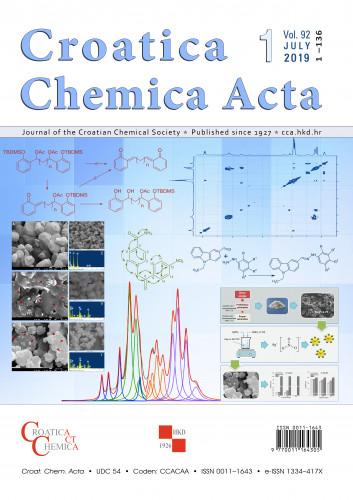Antioxidants are helpful in prevention of several diseases related with oxidative stress including neurodegenerative disorders. In recent studies, carbazoles were given proof of promising antioxidant activities. In this article, 9-ethyl-9H-carbazole hydrazone derivatives were synthesized, characterized and their in vitro antioxidant activity and possible cytotoxic effects were investigated. Furthermore, protective effect of the synthesized derivatives against amyloid β-induced damage in PC12 neuronal cells was examined by using MTT assay. The newly synthesized carbazoles were found to have radical scavenging activity with a varying potency both in cell-free and cell-based in vitro assays. Several compounds, especially such as 3d and 3e, 3m and 3n bearing two halogen groups on the phenyl ring, were found to have cytotoxic activity. However, their cytotoxic activities were not higher than that of melatonin. Several compounds also significantly protected neuronal PC12 cells against amyloid β-induced damage, which can be defined as neuroprotective agents. (4-(2-((9-Ethyl-9H-carbazol-3-yl)methylene)hydrazinyl)benzonitrile) 3r was found as the most active compound with both radical scavenging activity and neuroprotective effects against amyloid β-induced damage. These findings might provide an alternative strategy for developing novel carbazole derivatives for management of neurodegenerative diseases, such as Alzheimer's disease.
Sažetak
![Behaviour of 9-ethyl-9H-carbazole hydrazone derivatives against oxidant systems : protective effect on amyloid [beta]-induced damage / Cigdem Karaaslan, Elif Ince, Hande Gurer-Orhan, Marjan Tavakkoli, Omidreza Firuzi, Luciano Saso, Sibel Suzen.](edb6zs2a/repd/g/11/mvu/g11mvu64p7zg.jpg)
 Croatica chemica acta : 92,1(2019) / editor-in-chief Olga Kronja.
Croatica chemica acta : 92,1(2019) / editor-in-chief Olga Kronja.